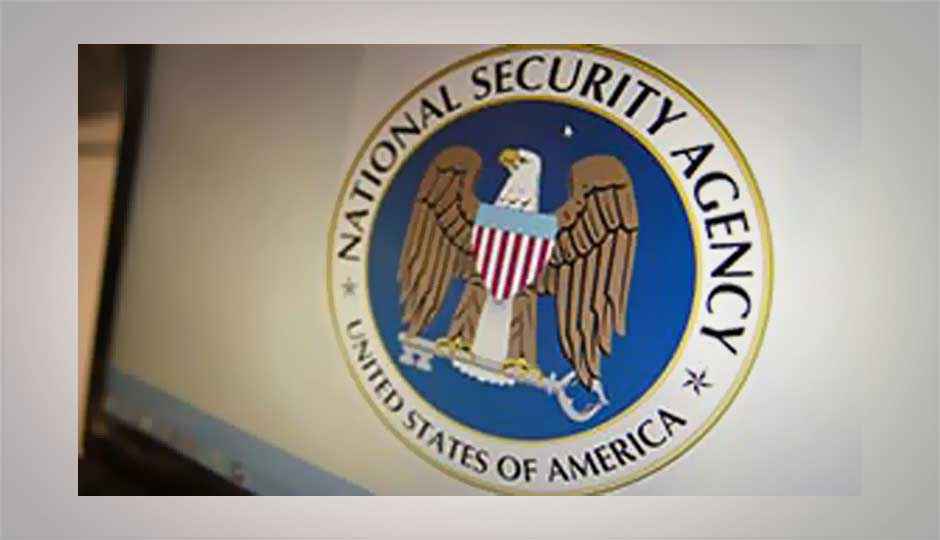
The documents leaked by Edward Snowden suggest that the program may soon be extended to other countries.
The National Security Agency (NSA) of USA has developed a surveillance system which is capable of recording “100 percent” telephone calls of a foreign country. According to The Washington Post, the new system enables the agency to rewind and review conversations as long as a month after they take place. People with direct knowledge of the effort and documents supplied by former NSA contractor Edward Snowden have revealed these latest efforts of the intelligence agency.
The program which began way back in 2009 is a voice-interception program called MYSTIC. The system is said to have reached full capacity against the first target nation in 2011.
According to classified summary from one of the documents, the collection systems are recording “every single” conversation nationwide and storing billions of them in a 30-day rolling buffer that clears the oldest calls as new ones arrive. The summary also says that the call buffer opens a door “into the past,” enabling users to “retrieve audio of interest that was not tasked at the time of the original call.”
The emblem of the program depicts a cartoon wizard with a telephone-headed staff.
The documents further say that the analysts listen to only a fraction of 1 percent of the calls, but the absolute number are said to be higher. Each month, these analysts send millions of voice clippings, or “cuts,” for processing and long-term storage.
U.S. officials have requested The Washington Post to withhold details that could identify the country where the system is being employed or other countries where it was envisioned for use.
Experts say that no intelligence program in the world has been disclosed to date that would swallow a nation’s whole telephone network.
The MYSTIC program is special for NSA in a sense that all the agency’s programs that have been unveiled till now have involved bulk collection of metadata and not call content.
The principal technologist for the American Civil Liberties Union, Christopher Soghoian says that history suggests that “over the next couple of years they will expand to more countries, retain data longer and expand the secondary uses.”
Source: The Washington Post

